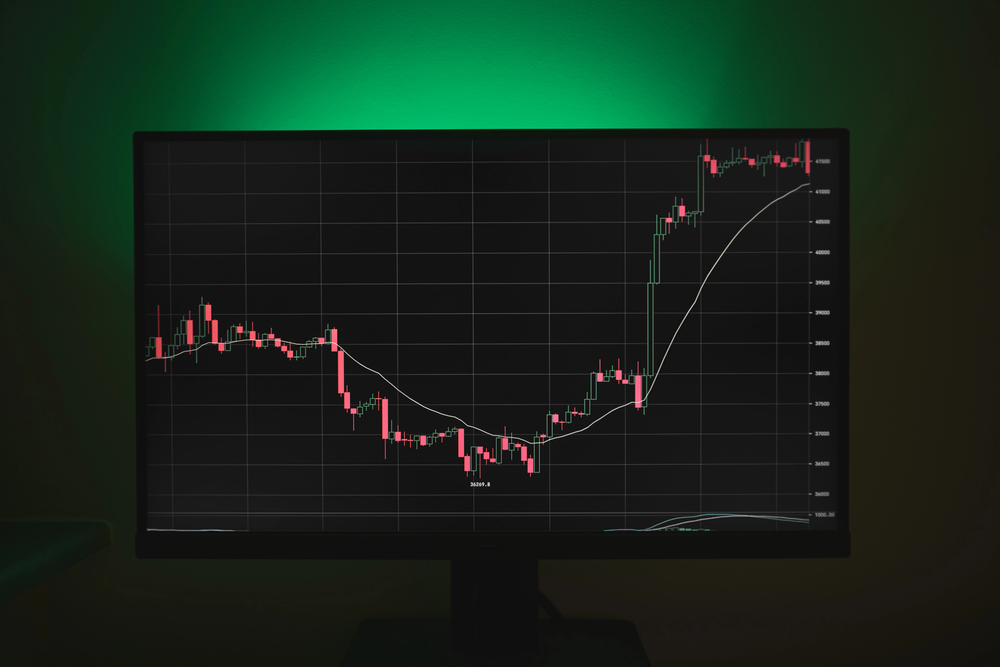
The Economic Impact of the P2P Trading Platform on Global Finance
On a P2P trading platform, efficiency is not enforced by regulation but achieved organically through user interaction
ELDIGITALDECANARIAS.NET/London
The evolution of global finance is no longer driven solely by banks, stock markets, and centralised exchanges. Increasingly, decentralised systems are emerging as powerful alternatives, and the P2P trading platform has positioned itself at the centre of this transformation. By reducing costs, improving access, and redistributing trust, peer-to-peer systems are not only reshaping individual experiences but also influencing economies at both local and international levels. The economic consequences of this shift are profound and far-reaching.
Lowering the Cost of Financial Transactions Traditional financial systems rely heavily on fees. From wire transfers to remittances and foreign currency exchanges, banks and intermediaries charge significant percentages of each transaction. These costs accumulate, especially for migrant workers sending small sums or businesses operating internationally. A P2P trading platform removes many of these intermediaries, drastically lowering transaction costs. By allowing buyers and sellers to negotiate directly and use escrow for safety, the platform keeps more money in the hands of participants, which in turn stimulates local consumption and investment.
Boosting Remittances and Family Economies Remittances are a vital source of income in many developing economies, often exceeding foreign aid and investment flows. Yet traditional remittance services remain slow and expensive. A P2P trading platform accelerates and cheapens this process, ensuring that more money arrives securely and in full. Families benefit from improved financial stability, while local economies see stronger purchasing power. On a larger scale, this flow of affordable remittances strengthens entire nations, bridging the gap between global earnings and local spending.
Unlocking Opportunities for Small Businesses Small and medium-sized enterprises (SMEs) are the backbone of many economies but often lack access to affordable cross-border finance. A P2P trading platform provides a solution by connecting them directly with global buyers and suppliers. Entrepreneurs can receive payments in minutes rather than weeks, negotiate favourable terms, and avoid the bureaucracy of traditional banking. This empowerment allows SMEs to expand operations, hire more workers, and compete internationally, boosting overall economic resilience.
Redistributing Trust and Value Creation In centralised systems, value tends to accumulate in the hands of large institutions. Banks, payment processors, and exchanges extract profits through fees and control over infrastructure. The P2P trading platform redistributes this value by placing individuals and communities at the centre of transactions. Trust is no longer monopolised by institutions but is shared through transparent reputation systems and blockchain verification. This redistribution of trust reduces inequality in financial participation and encourages broader wealth creation.
Driving Financial Inclusion Perhaps the most significant economic impact of peer-to-peer platforms lies in financial inclusion. Billions of people remain unbanked or underbanked, excluded from global trade and savings opportunities. A P2P trading platform requires only a smartphone and internet access, making it an accessible gateway into the global economy. Inclusion of previously excluded populations expands consumer bases, strengthens domestic markets, and integrates more people into global commerce, creating a ripple effect that supports long-term economic growth.
Impact on Traditional Financial Institutions The rise of peer-to-peer platforms has forced traditional institutions to adapt. Banks and remittance companies face pressure to lower fees, speed up services, and integrate digital tools to stay competitive. Some have begun to explore hybrid models or partnerships with peer-to-peer services. The P2P trading platform thus acts as a catalyst for innovation, compelling the financial sector to evolve in ways that benefit consumers and businesses alike.
Global Market Efficiency By connecting individuals directly across borders, peer-to-peer systems create highly efficient markets. Price discovery happens in real time, liquidity is distributed across participants, and competition keeps costs low. On a P2P trading platform, efficiency is not enforced by regulation but achieved organically through user interaction. Over time, this efficiency challenges the dominance of centralised exchanges and sets new benchmarks for how global markets can function.
The economic consequences of peer-to-peer trading extend beyond individual users. They influence remittance flows, small business growth, institutional competition, and global efficiency. The P2P platform is not just a tool of convenience but a structural force reshaping the foundations of finance. As adoption continues to spread, its role in driving inclusion, lowering costs, and redistributing value will make it one of the most influential developments in modern economic history.


